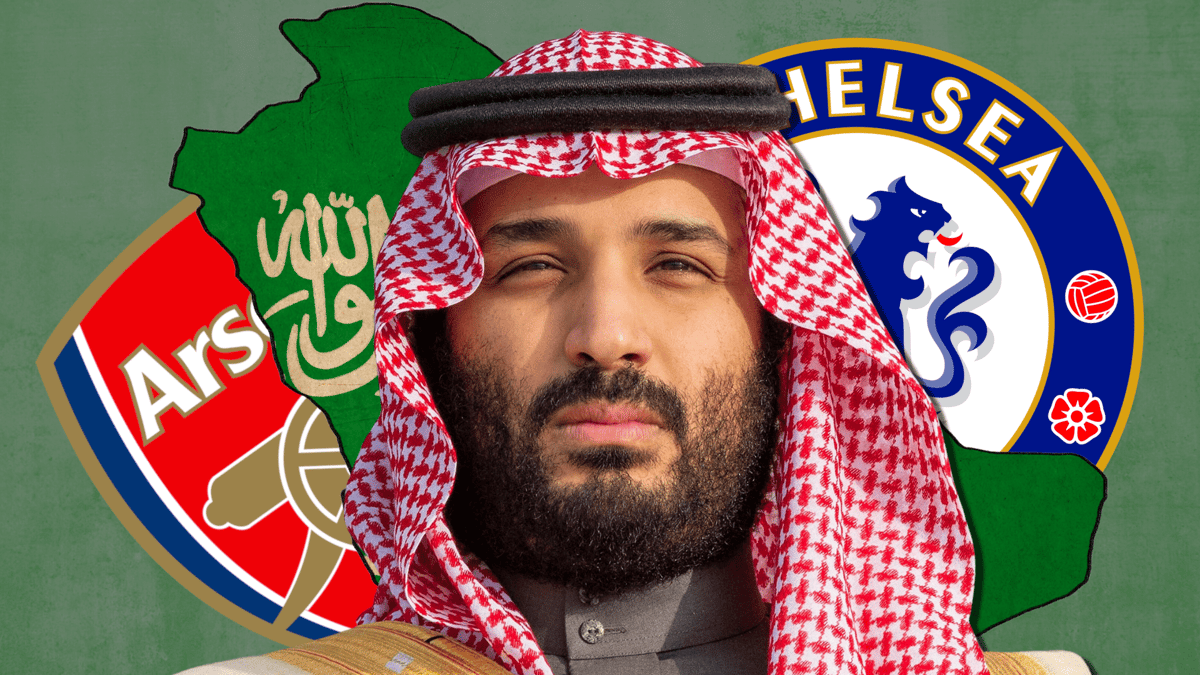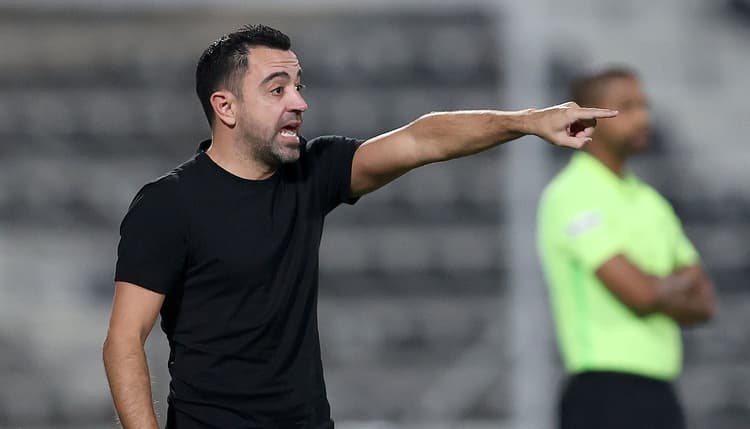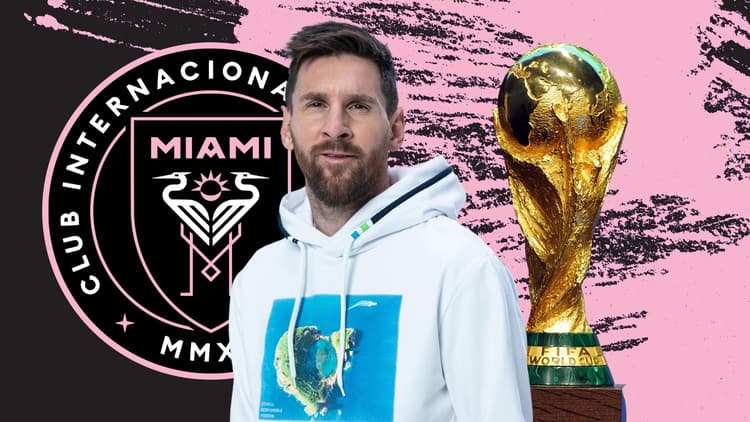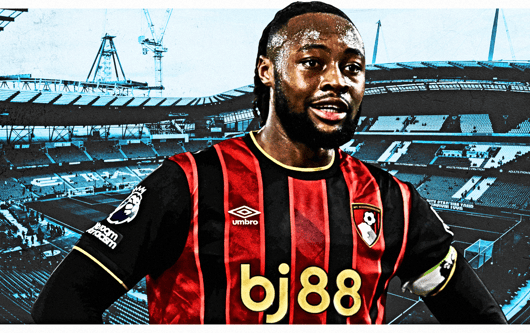-
Nieuws
- 31 Dec 2025
Forget China and America - why the Saudi Pro League project is totally UNIQUE

The Saudi Pro League mean business.
Their announcement via the Public Investment Fund (PIF) that the nation's four major clubs - Al Ittihad, Al Ahli, Al Hilal and Al Nassr - will become corporate entities opens up the possibility for a level of yearly spending unlike football has even seen before.
It is estimated that the PIF have a budget of $1 BILLION per season to fund contracts and transfers to attract the biggest talent, in the build-up to a full-blown bid for the World Cup in 2030.
Mohammed Bin Salman's desire to diversify Saudi's revenue streams away from fossil fuels, as well as transform their global image, has identified sport as a key way to do so. They have already transformed golf, and they plan the same with football.
But fans may be forgiven for thinking that they have heard this all before. After all, haven't other states in the middle East attempted this? What about Japan, or China, or even MLS?
The Saudi Pro League project is different from all of these.
CHINA:
China spent a long time positioning themselves as a destination for all sports, having hosted the 2008 Olympics to relative success. An expansion program followed with unlimited funds available for the big sides such as Guangzhou Evergrande and Shanghai SIPG. But it quickly went sour.
The CSL was guilty of overspending, signing players to exorbitant contracts that added no inherent value to the product. Ultimately, most were reaching the end of their careers and failed to assist an overall growth of the game.
The Chinese government also insisted that a quote of Chinese players be retained in every squad, with the intention being that they could raise the overall quality of the Chinese international squad. But all it did was decrease the spectacle further.
Furthermore, the Chinese government crackdown on corruption focused on funds being redirected from companies to the teams, leading to huge fines for financial irregularities. As such, the Chinese gravy train for foreign players is effectively over.
QATAR:
Qatar’s desire to continue to push their agenda after hosting the 2022 World Cup remains to be seen, but the league itself has been able to capture the odd star here and there, as far back as Gabriel Batitstuta at the start of the 21st century, and more recently Santi Cazorla and Juninho Pernambucano. They were also able to entice Barcelona legend Xavi to their biggest side, Al Sadd.
But all those players were at the end of their careers, and the fact that the population of the country is so sparse (around 2.5m), and crowds so weak, it can be an unedifying experience for many players, despite the opportunity to earn tax-free money.

It would explain much of what the Saudi project is attempting - the broader middle East acquisition of talent - but on a completely different level.
Saudi has clear advantages that these smaller markets don't, and they have the potential to ruin any growth for nations that have no audience with which to participate in growing the game.
MLS:
Major League Soccer first tried to attract big-name players in the 70s and were successful in acquiring George Best, Franz Beckenbauer and, of course, Pele.
That previous iteration of the league ultimately failed but the current version is gradually growing and, without doubt, Lionel Messi's arrival at Inter Miami takes things to an entirely new level. The league is expanding in terms of club creation but also in terms of potential revenue generation.

But Apple TV is comfortably behind the likes of Netflix and Amazon in terms of user turnover, so the exposure and amplification of the sport is very much in the hands of a company that has excelled in many other areas, but have not yet shown they can attract a subscriber base beyond multi-product bundling with the iphone or ipad.
And MLS has another problem - one which many would see as a strength. Their designated player structure puts a cap on salaries, which is why Lionel Messi’s contract includes multiple additions, such as intervention from Adidas and even the potential of owning his own franchise in the future, which seems to have shaped the deal in his favour.

















